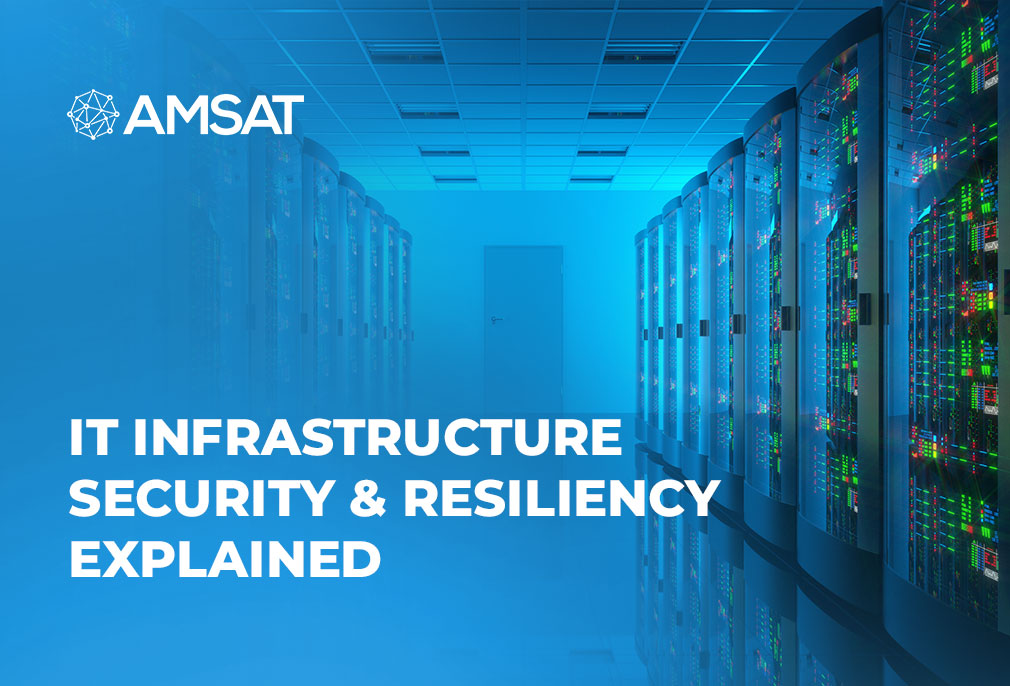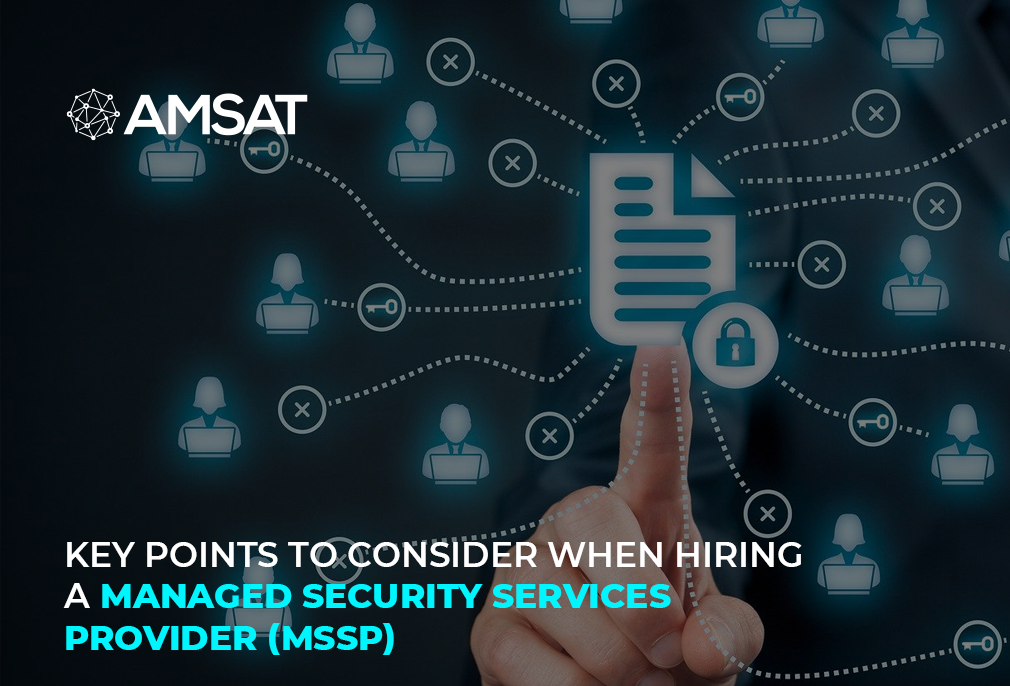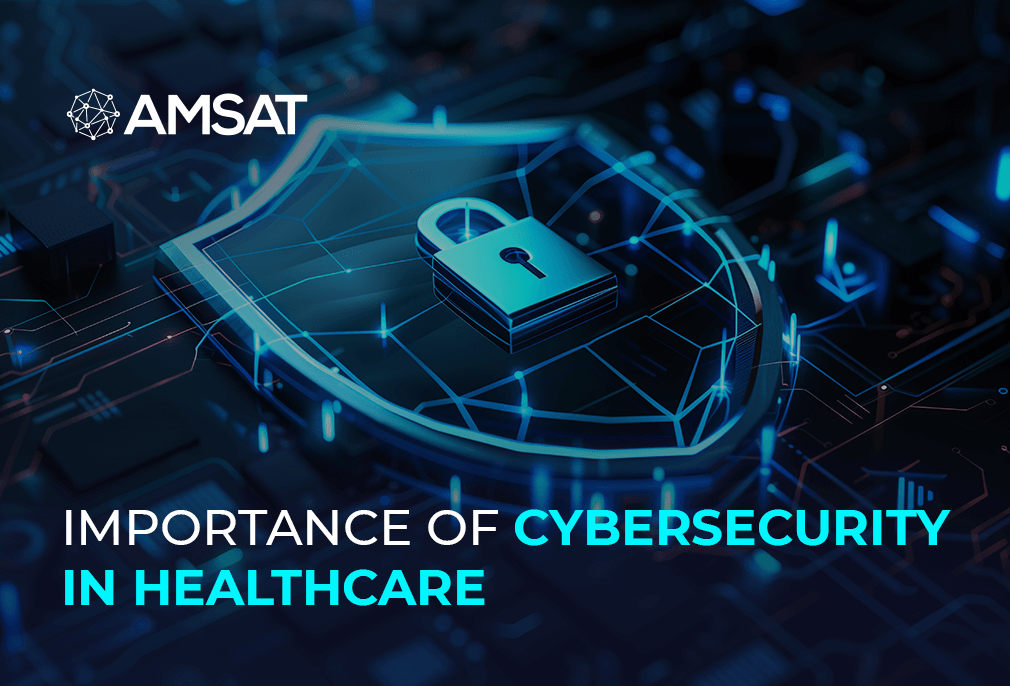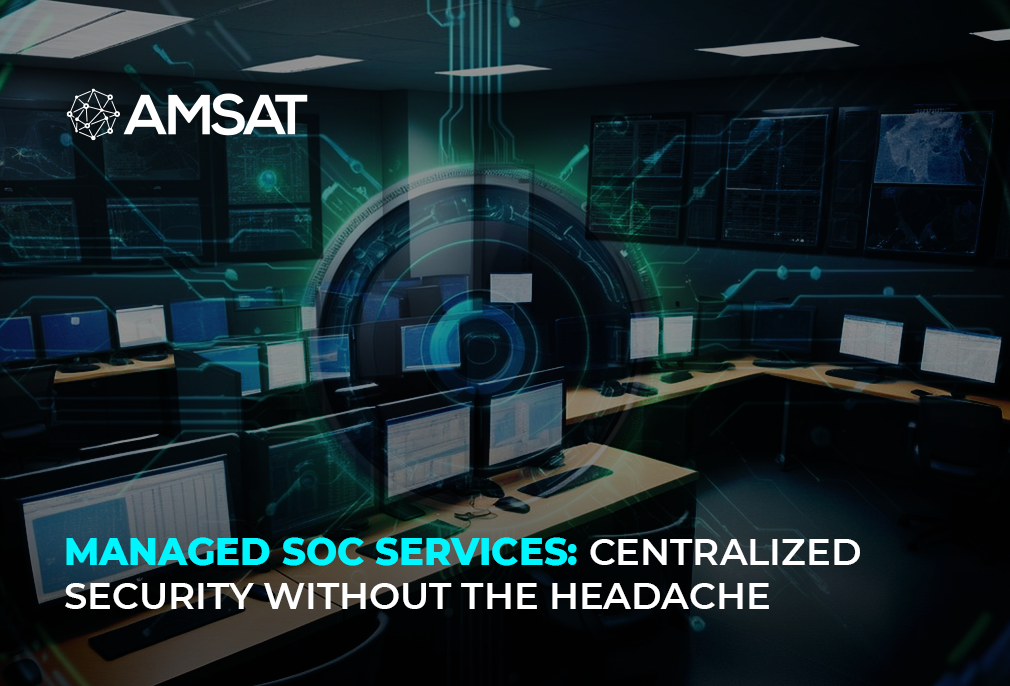Latest Blogs
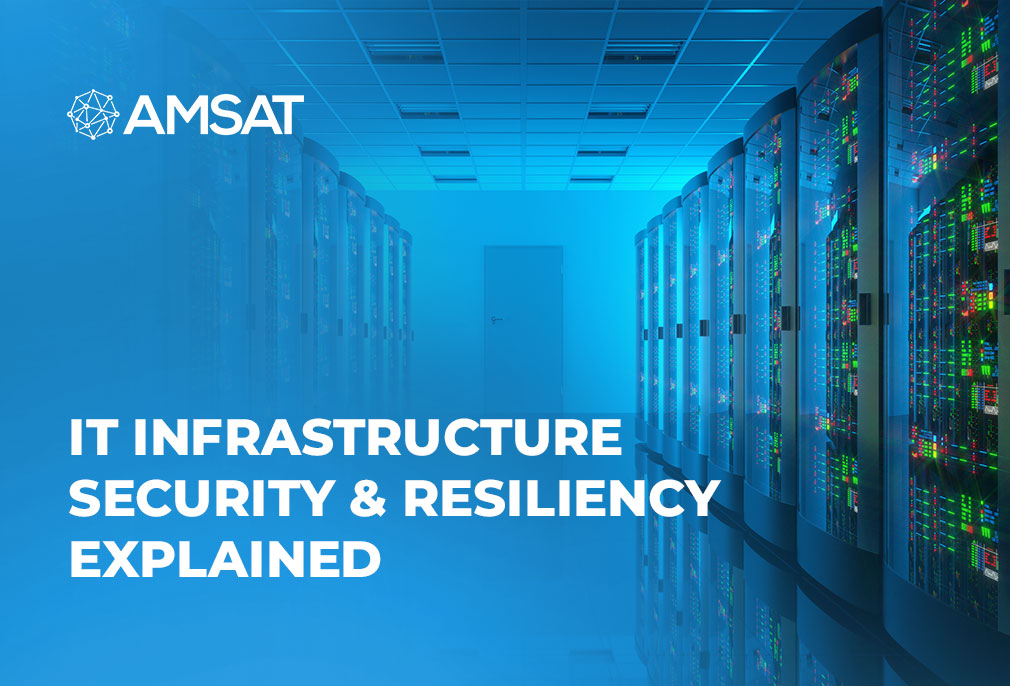
By AMSAT Nov 04,2020
IT Infrastructure Security & Resiliency Explained
IT security is not an easy infrastructure to understand. It has many different levels to it and requires a lot of knowledge in different areas to understand how it works. You also need to know that IT infrastructure security consists of different components. Some provide specific functions such as security while others are generally required for the IT operation to go smoothly. In this article, we will explain IT infrastructure security and resiliency so continue reading.
IT Infrastructure Security
The security of an IT Infrastructure consists of just firewalls. When we talk about IT security, we are talking about a multi-discipline subject. It requires different skill sets and in-depth knowledge in this area. Let us take a deeper look into what a firewall is and how it works.
Firewalls
A firewall is a software created to prevent any harmful data from accessing the computer through the internet. It blocks any kind of data, which it seems dangerous for the computer. The primary function of a firewall is to prevent any kind of unauthorized person or data to access the computer.
In other words, a firewall is like a bodyguard for your computer. Everyone who owns a computer has a firewall installed in it to prevent his or her computers from harm through the internet. A person who wants a good security system has different layers of protection and normally firewall is the first layer of defense.
Firewalls are divided into three categories:
1. Packet-filtering Firewalls
This is one of the most basic types of firewalls out there. Their main job is to inspect data packets. They do not let data packets pass that do not meet the criteria of the firewall rules. You can block out different types of information using this firewall by only blocking their IP addresses. They are built into the routers so that they can automatically do their job. They are not that effective as they can only block out IP addresses however, they are very fast and easy to set up to give you some sort of protection from harmful data on the internet.
2. Proxy Service Firewalls
Proxy service firewalls are placed between a network of computers and the internet. As it connects to a network of computers, you do not directly interact with the data on the internet. Using proxy service firewalls first, the data is sent to a network of computers where it checks if the data is safe enough to send to the computer. If it is safe, it is sent to the computer, and if it is not then it is rejected access to the computer. This protects your IP address and does not allow any third-party source to access it without your permission.
Proxy service firewalls also help you load web pages you frequently visit faster as they already have the data of the web page stored and allow you automatically to enter as they know the website is safe.
3. Stateful Inspection Firewalls
Stateful Inspection firewalls are also called “dynamic packet filtering firewalls.” They combine the features of the packet-filtering firewalls and the proxy service firewalls. They not only scan the information being sent to your computer by the internet but also monitor it so that they are from a legitimate source and no harmful data is being sent to your computer. Stateful Inspection Firewalls allow you to block any kind of data and is not limited to anything.
IT Infrastructure Resiliency
Resiliency means to be prepared for any sort of the change in action and be ready to face the consequences, which come with the problem. Resiliency is to be prepared for that problem and learn how to tackle it. There are many different tasks done by companies to be resilient to any sort of problem.
The most normal problem is when the power goes out. You should always have a backup power generator waiting to be turned on in case of any emergency. You should have a plan for your company for the future so that everything goes smoothly. You should always implement security features, which will protect you from hackers.
TAGS
- Infrastructure Security
- Cyber Security
- Infrastructure Resiliency
- firewalls
Recent Blogs
Ready to Get Started?
Our specialists are ready to tailor our security service solutions to fit the needs of your organization.
